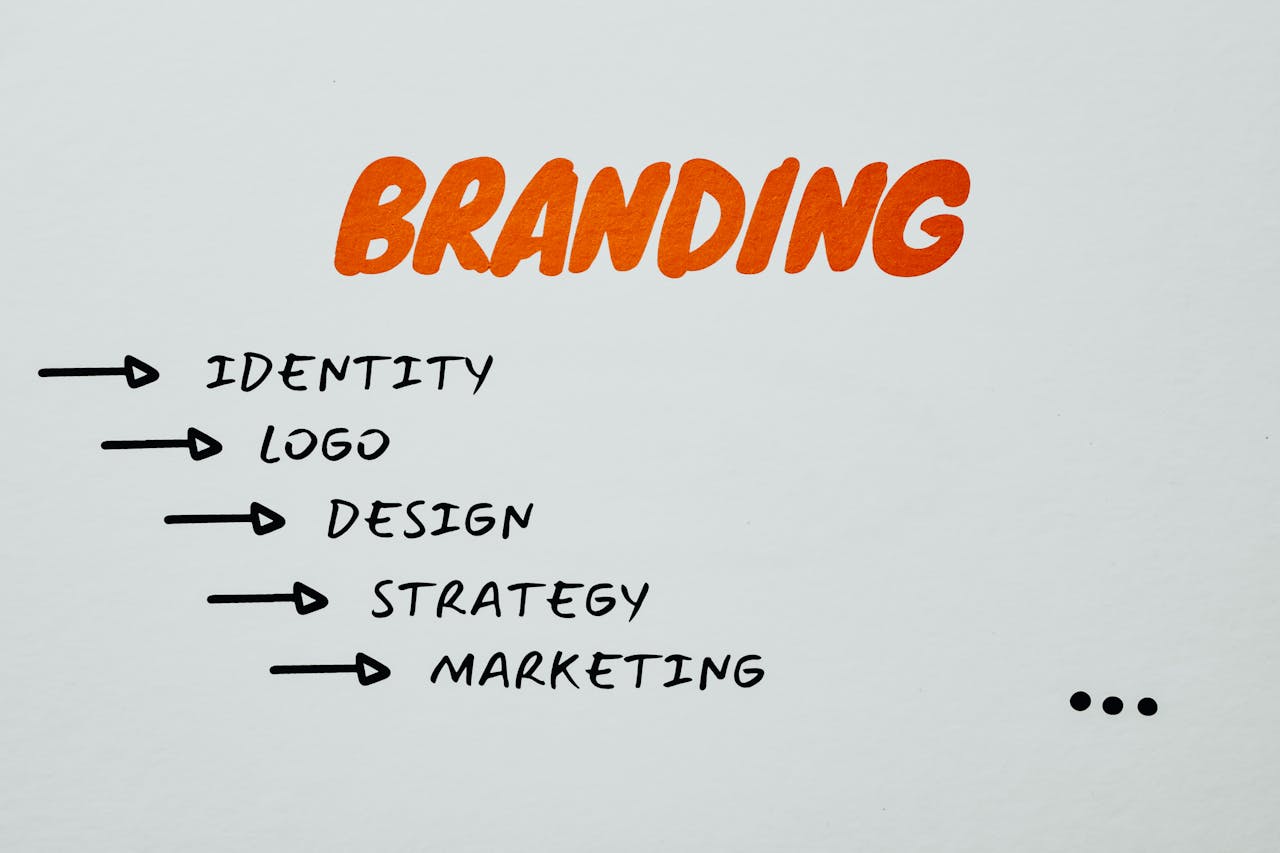Political Affiliation Now a Key Driver of Brand Loyalty

In today’s interconnected world, even the biggest brands are finding it impossible to steer clear of global politics. Consumers are now intertwining corporate decisions and political affiliation with brand reputations more than ever before.
A recent survey by Edelman, encompassing 15,000 people across 15 countries between April 13 and 24, reveals that nearly 80% of consumers are willing to boycott a brand based on its country of origin.
Notably, consumers in South Korea, Japan, China, and France are at the forefront of this trend. Meanwhile, Saudi Arabian consumers have shown a significant 20% increase in favouritism towards local brands over the past year.
Approximately half of those surveyed believe that supporting a foreign brand equates to endorsing that country’s government.
A fresh Pew Research Center survey indicates a global preference for President Biden over former President Trump, with Biden enjoying a 15-point advantage on average across 34 nations, especially within European countries.
Politics/political affiliation: Part of marketing now
Globally, 60% of consumers make purchasing decisions based on personal political beliefs. Consumers in France, Germany, Japan, Mexico, and South Korea are more inclined to support brands dedicated to combating climate change.
In contrast, those in Brazil, Indonesia, and Saudi Arabia prioritize brands that focus on ending racial inequality. Meanwhile, consumers in Canada, India, South Africa, the UAE, the U.S., and the U.K. favour brands committed to improving access to healthcare.
Edelman CEO Richard Edelman highlights that political affiliation is now a key driver of brand loyalty, stating, “All of a sudden, politics is a very important part of the brand marketing consideration set.” He elaborates that aspects such as supply chains, advertising choices, and product pricing are all viewed through a political lens.
“You don’t have to rush out to be political, but you have to have a political sense,” he adds.
Even common brand actions—such as partnering with influencers or engaging in cultural trends—can be perceived as political statements.
For instance, Bud Light’s 2023 social media campaign featuring transgender influencer Dylan Mulvaney was rapidly politicized. Similarly, Bumble faced backlash for billboards that portrayed celibacy negatively compared to online dating.
“Politics is part of marketing now — and that’s a big statement,” Edelman remarks.
Enjoying this article?
Subscribe to get more stories like this delivered to your inbox.
With high-stakes elections taking place in over 50 countries this year, it’s clear that most consumers and employees around the world are deeply immersed in political matters.
The biggest mistake a brand can make, Edelman warns, is to “assume that the brand is so clearly understood that it will be immune to all of the political currents.”
In this charged environment, brands must navigate the delicate balance between maintaining their identity and addressing the political implications of their actions.
Source:
Consumers across the globe are boycotting foreign brands
Related Stories:
Doritos fires trans activist Samantha Hudson after major backlash from conservatives worldwide
Gov. Kristi Noem faces lawsuit over viral dental endorsement
